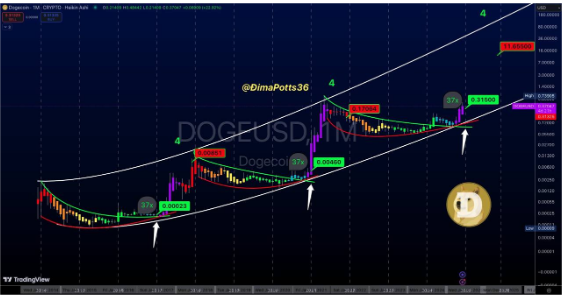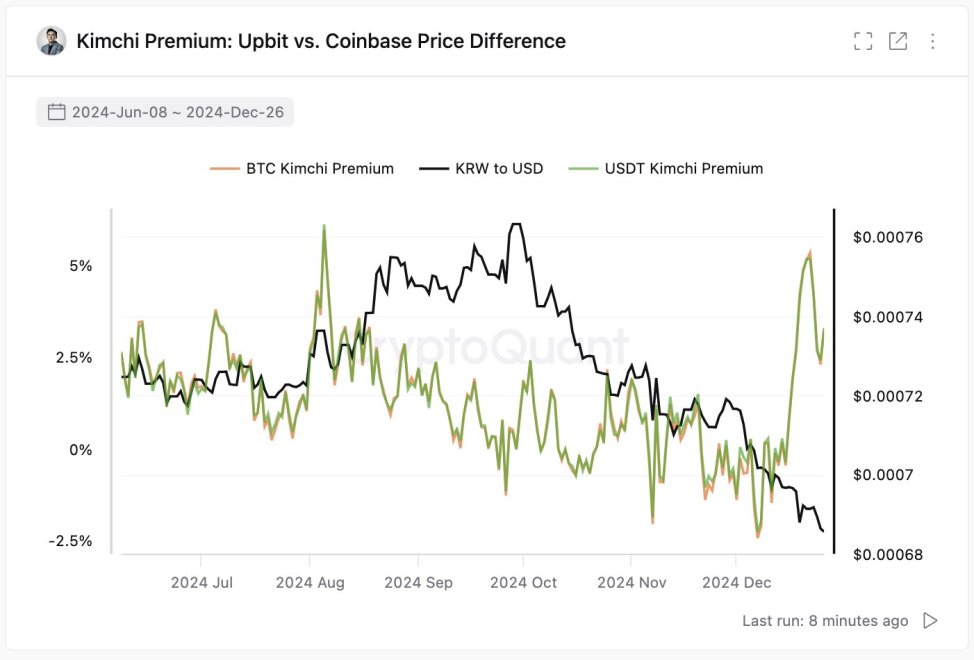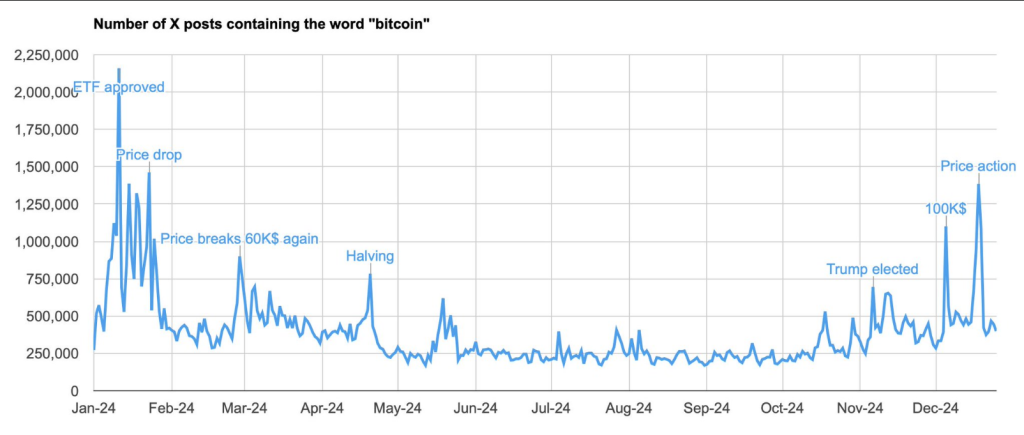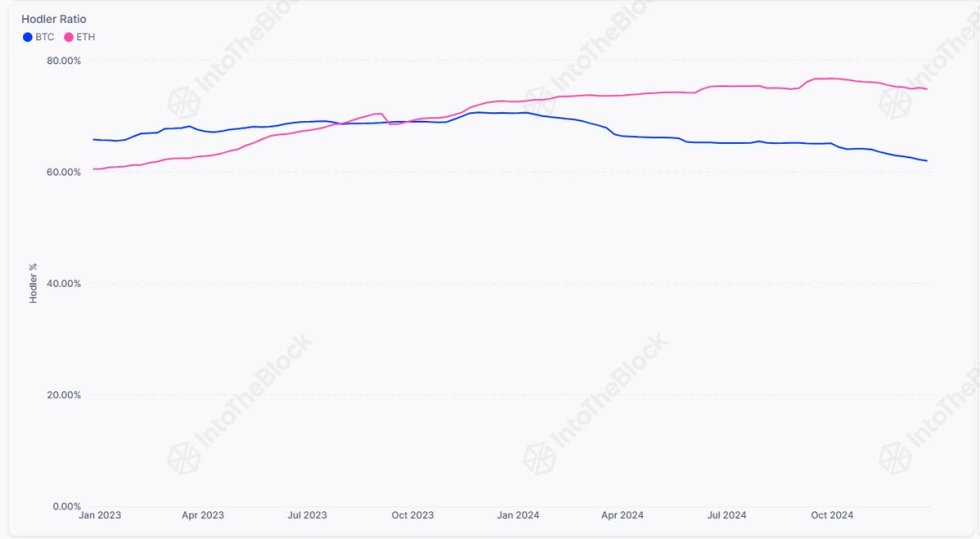The US Senate has voted to reauthorize Section 702 of the Foreign Intelligence Surveillance Act (FISA), a move that has sparked widespread debate and concern among civil liberties advocates and members of the crypto community.
Section 702, originally introduced as a counterterrorism measure, grants the US government broad authority to collect data from various sources, including tech giants like Google and Facebook, without the need for a warrant.
Despite opposition from civil liberties groups and some senators, the bill passed with a landslide vote of 60-34, setting the stage for its extension for an additional two years pending US President Joe Biden’s signature.
This is bad.
Crypto is not just about trading tokens, it’s part of a broader ethos of protecting freedom and privacy and keeping power in the hands of the little guy.
And these values unfortunately continue to be under attack, globally. https://t.co/iFM932IBP6
— vitalik.eth (@VitalikButerin) April 20, 2024
Crypto Industry Braces For Impact
Amidst the renewed debate over privacy and government surveillance, the crypto industry finds itself at the forefront of the conversation. With its emphasis on decentralization and anonymity, the industry is particularly vulnerable to the expanded powers granted by Section 702.
Civil liberties activists have long argued that Section 702’s broad powers are ripe for abuse and could lead to the indiscriminate collection of data on US citizens. Senator Ron Wyden has labeled it as one of history’s most dramatic expansions of government surveillance authority, sparking fears over the erosion of privacy rights.
NEWS: Wyden Statement on Reauthorization of FISA 702 Without Reforms to Warrantless Surveillance of Americans https://t.co/ywCNELcpuV
— WydenPress (@WydenPress) April 20, 2024
Regulatory Crackdowns Loom Large
The renewal of Section 702 raises the specter of increased regulatory scrutiny and compliance requirements for crypto businesses. Entities such as the Securities and Exchange Commission (SEC), the Commodity Futures Trading Commission (CFTC), and the Department of Justice (DOJ) could intensify their crackdowns on businesses, including decentralized exchanges, to ensure compliance with surveillance and data collection requirements.
While some senators, like Senator Elizabeth Warren, advocate for surveillance measures targeting users within the crypto industry, others express skepticism over the potential implications for privacy and civil liberties. The revelation of improper searches by government agencies, including the FBI, further underscores the need for robust oversight and accountability measures.
Collaboration And Controversy In The Crypto SphereDespite the concerns surrounding government surveillance, there are also instances of collaboration between crypto companies and law enforcement agencies in combating illicit activities. Tether CEO’s disclosure of collaboration with the FBI and the Secret Service to combat terror funding highlights the complex relationship between the crypto industry and regulatory authorities.
As the debate over Section 702 continues to unfold, the crypto industry finds itself at a crossroads. The renewal of the controversial surveillance law poses significant challenges to the industry’s core principles of decentralization and privacy, while also raising questions about the role of government oversight in emerging technologies.
Featured image from Pexels, chart from TradingView

You can get bonuses upto $100 FREE BONUS when you:
💰 Install these recommended apps:
💲 SocialGood - 100% Crypto Back on Everyday Shopping
💲 xPortal - The DeFi For The Next Billion
💲 CryptoTab Browser - Lightweight, fast, and ready to mine!
💰 Register on these recommended exchanges:
🟡 Binance🟡 Bitfinex🟡 Bitmart🟡 Bittrex🟡 Bitget
🟡 CoinEx🟡 Crypto.com🟡 Gate.io🟡 Huobi🟡 Kucoin.




















Comments